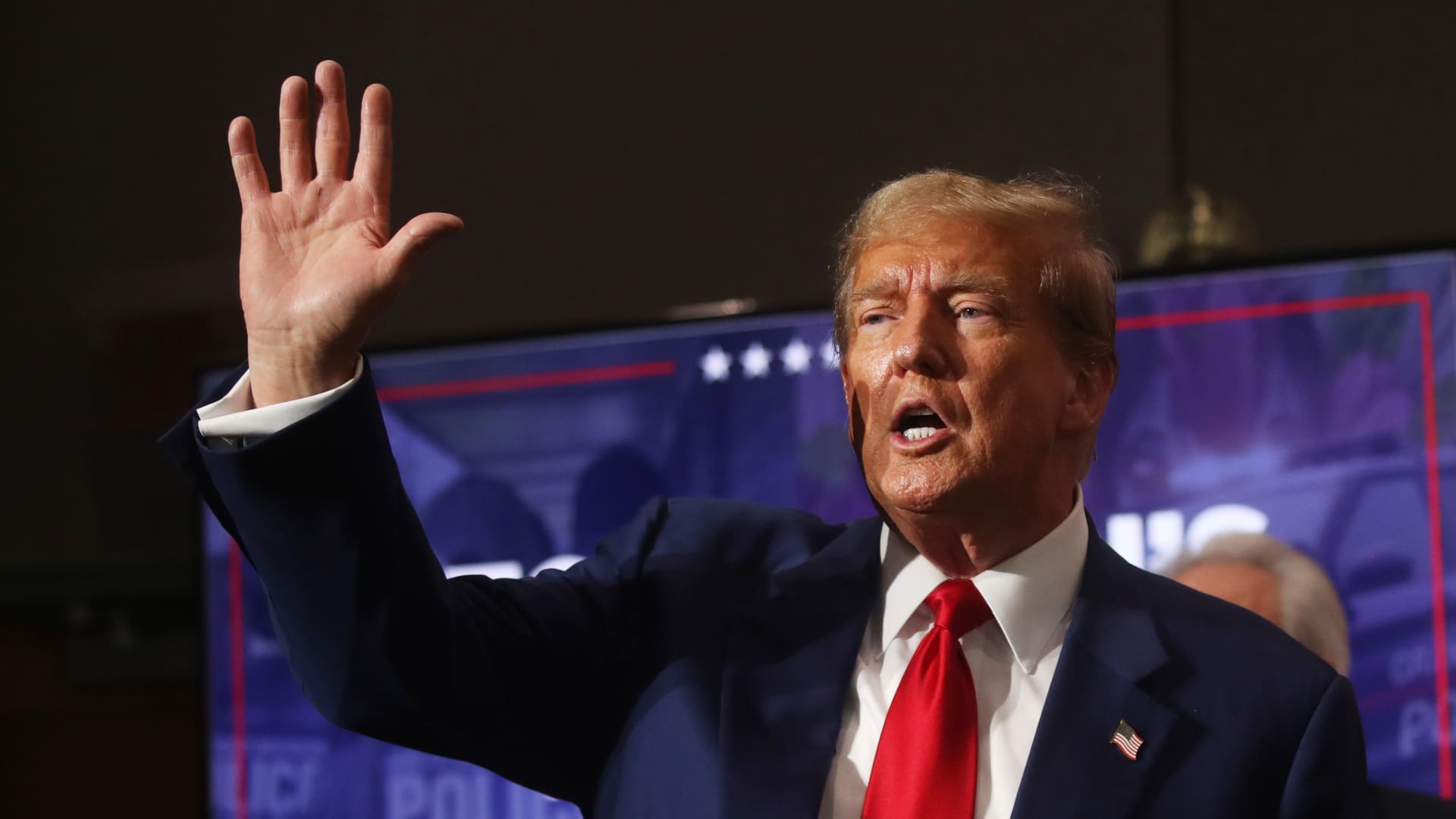Two more Tory MPs have withdrawn their support for Boris Johnson in the wake of Sue Gray’s report into Downing Street lockdown parties.
The announcements by John Baron and David Simmonds follow a similar call by their backbench colleague Julian Sturdy on Wednesday.
Mr Baron said the findings by senior civil servant Ms Gray as well as the Met Police investigation into the episode “paint a shameful pattern of misbehaviour during the pandemic as the rest of us kept to the COVID regulations”.
Politics live: Rishi Sunak to reveal further cost of living help
Mr Simmonds said it was “clear that while the government and our policies enjoy the confidence of the public the prime minister does not”.
Mr Sturdy had already called for the PM to go, saying it was “in the public interest for him to resign”.
The latest statements mean that there are now 18 backbench Tory MPs publicly calling for the PM to quit while some others have been ambiguous, citing factors such as the war in Ukraine as reasons why they are staying their hand for now.
It is unclear how many have submitted letters of no confidence in Mr Johnson, with 54 required to trigger a vote by the parliamentary party on his leadership.
The announcements from the two MPs come a day after Ms Gray’s report laid bare details of drunken parties, fighting and karaoke in Downing Street in 2020 and 2021 at times when COVID-19 restrictions were in place.
Mr Baron and Mr Simmonds went public shortly before an expected statement by Chancellor Rishi Sunak on a new package of measures to help households struggling with the surge in the cost of living.
Mr Sunak’s move is seen as an attempt to move the agenda on from partygate after months in which the police investigation into the episode and Ms Gray’s report has been hanging over the government.
The PM still faces an inquiry by a parliamentary committee into whether he misled MPs when he claimed at an earlier stage during the scandal that no rules were broken.
He has said he was appalled and humbled by Ms Gray’s findings as he apologised during a series of appearances in the Commons, at a news conference, and in a closed-doors meeting of the 1922 committee of backbenchers after the report was published in full.






